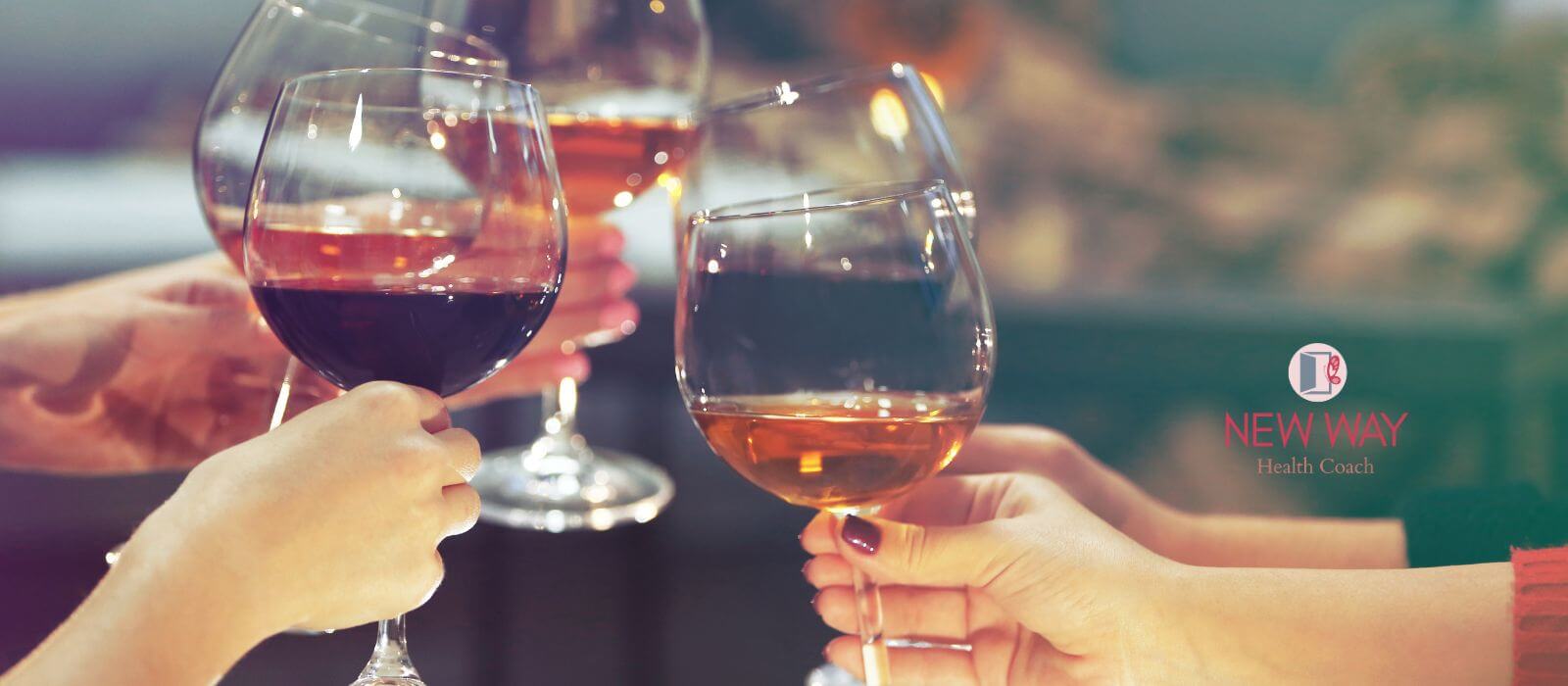🍇✨ Pop, fizz… but hold the buzz! More and more people in the U.S. are swapping their evening glass of Cabernet or celebratory Champagne for something that looks just as classy, tastes delicious, and won’t leave them regretting it the next morning. Welcome to the sparkling world of non-alcoholic wines—where the sober-curious, health-minded, and flavor-seeking crowd is raising their glasses (of dealcoholized Sauvignon Blanc, perhaps) and saying cheers in a whole new way. Whether you’re toasting a big win, brunching with friends, or just winding down after a long day, today’s non-alcoholic options prove you don’t need the alcohol to keep the fun, flavor, or fizz.
Here’s some facts:
- Rapid Market Growth: In 2023, U.S. revenue for non-alcoholic wines hit approximately $1.01 billion, with projections climbing to $1.52 billion by 2030, growing at a 6% CAGR. Sparkling wines lead in revenue share, while still wines are experiencing the fastest growth rate Grand View Research.
- Global Surge & U.S. Momentum: The global non-alcoholic wine market is on track to rise from $1.46 billion in 2024 to $1.8 billion in 2025 and potentially reaching nearly $9.74 billion by 2033. The U.S. already accounts for 30% of this growth, with urban consumers especially drawn to sparkling and flavored non-alcoholic wines Global Growth Insights.
- Lifestyle Drivers: The societal shift toward health, wellness, and sobriety—often dubbed the “sober-curious” movement—is powering demand for non-alcoholic alternatives that still feel elevated and authentic MintelWikipedia.
Emerging Trends to Watch
- Sparkling Non-Alcoholic Wine: The Celebration Staple
Sparkling wines dominate revenue, offering a festive, elegant alternative to their alcoholic counterparts. They’ve become a go-to for events, brunches, and social toasts Grand View Research+1.
- Premium Still Wines on the Rise
Still, dealcoholized wines are growing rapidly. Innovations in extraction methods—like vacuum distillation and spinning cone technology—help retain complex wine characteristics and attract discerning consumers Bon AppétitBar and RestaurantGrand View Research.
- Wellness, Organic, & Low-Sugar Focus
Consumers—especially Millennials and Gen Z—prioritize health and eco-consciousness. Organic and low-sugar options are becoming increasingly popular, offering guilt-free indulgence brau.wineGlobal Growth InsightsMintel.
- Packaging & Format Innovation
Premium wines stick with classic glass bottles, but there’s growing demand for canned and Tetra Pak options—ideal for portability and eco-conscious shoppers Fundamental Insights Consulting.
- Wine-Based Mocktails
Non-alcoholic wines are being increasingly used as elevated bases for mocktails. Think wine spritzers and sophisticated fizzes—especially popular at weddings, brunches, and gatherings brau.wine.
- Virtual Tastings & Digital Engagement
Wine merchants are expanding virtually—offering tasting kits and engaging, interactive online events to connect with consumers across distances brau.wine.
- Industry Leadership & Craftsmanship
High-end winemakers like Aaron Pott and Bouchaine Vineyards are legitimizing the category with quality sourcing and minimal additives, elevating consumer perception and experience San Francisco Chronicle.
- Mainstream & Retail Expansion
Brands like Better Rhodes are securing shelf space in big retailers such as Duane Reade and Walgreens, marking a significant shift toward mainstream availability CT Insider.
Noteworthy Non-Alcoholic Wine Options
Here’s a curated product selection highlighting top choices across categories:
- Oddbird’s GSM Non-Alcoholic Red Wine | The Zero Proof – A bold and juicy blend of Grenache, Syrah, Mourvèdre & Carignan. Perfect for those craving complexity and structure in a red wine.
- Non-Alcoholic Brut Can 4-Pack – Dry, sparkling, and ideal for celebrations—complete with apple, pear, and honey notes. Low in sugar and portable.
- Non-Alcoholic Sauvignon Blanc – A crisp Californian white with citrus, pear, and apple; just 2 g sugar and 20 calories per serving—a great option for health-conscious drinkers. My choice!
- Leitz’s Zero Point Five Non-Alcoholic Pinot Noir | The Zero Proof – Offers red and black cherry flavors with earthy undertones and subtle tannins—an elegant choice that echoes traditional Pinot Noir.
Quick Recap Table
| Category | Key Trend & Insight |
| Market Growth | Nearly $1B in revenue (2023); still wines growing fastest; sparkling leads in share. |
| Consumer Drivers | Health, sustainability, sober curiosity, and digital engagement are fueling demand. |
| Formats | From traditional bottles to portable cans; organic, low-sugar, and mocktail-ready wines are on the rise. |
| Accessibility | Mainstream retailers and online platforms are embracing the category—making these options easier to find. |
| Product Picks | Premium, flavorful selections like Oddbird, Surely, and Leitz offer quality without alcohol. |
The Takeaway
Non-alcoholic wine in the U.S. is no longer a niche novelty—it’s becoming a legitimate, sophisticated category with real market traction. Whether consumers are looking for something celebratory, health-focused, eco-friendly, or simply enjoyable—there’s an option to suit every palate and occasion.
So, grab a glass, pop a cork (or a can 😉), and start exploring—whether you’re into crisp whites, bold reds, or fizzy bubblies, there’s a non-alcoholic wine out there with your name on it. Mix, match, and play around with your own pairings—you might just discover a new favorite way to sip, savor, and celebrate without the buzz. 🍷✨


